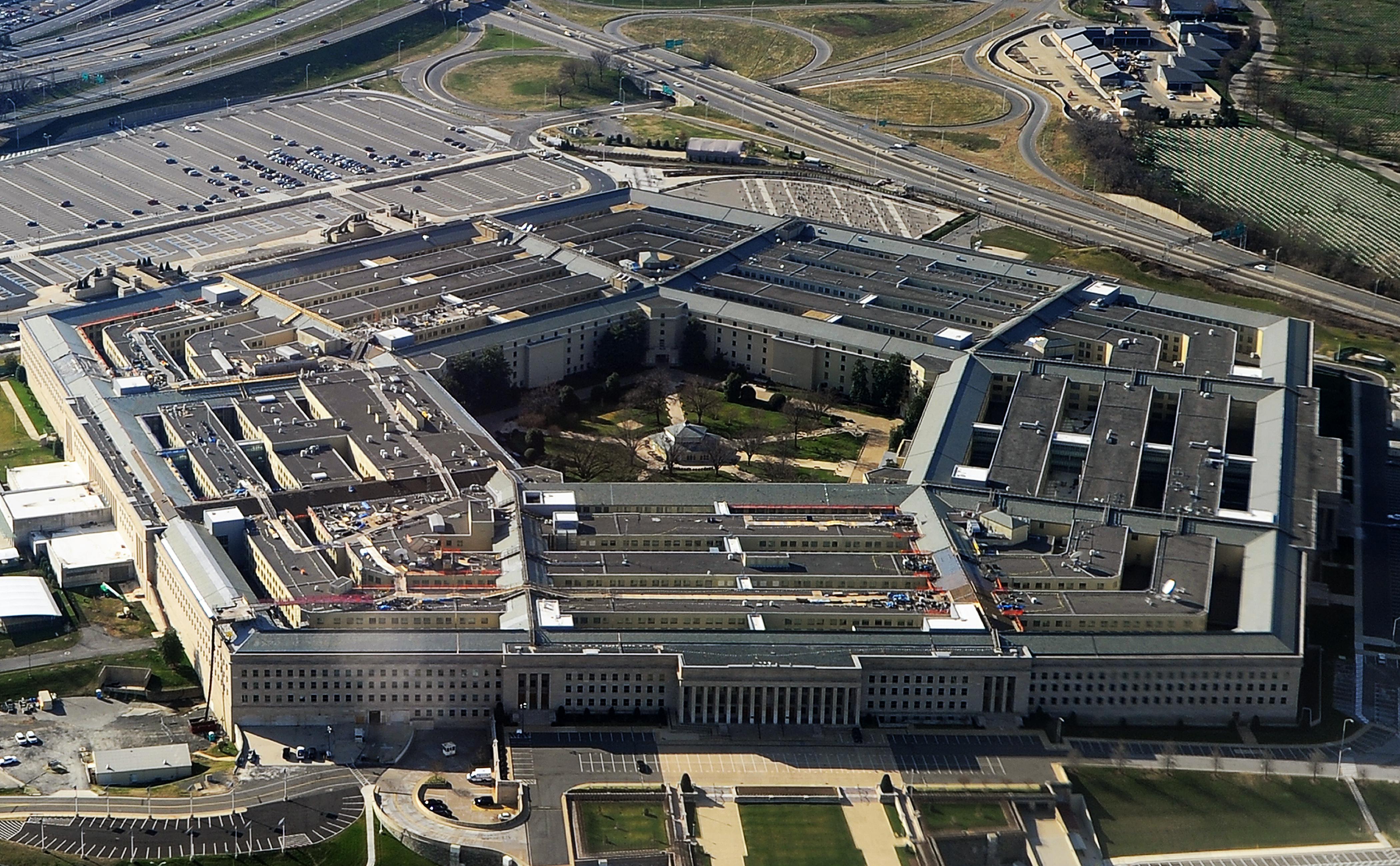Today, the Pentagon has announced that it will grant the exact rights and benefits to married same-sex couples that it does to married straight couples, including housing and healthcare, a vast expansion of its previously announced plans to extend only meager perks to gay couples. Even more surprisingly, the military will offer a 10-day leave to gay couples stationed in a non-marriage state to travel to the 13 states plus Washington, D.C., to be legally wed.
Make no mistake: This is huge news, the biggest military-related LGBT victory since the repeal of Don’t Ask Don’t Tell. Arguably, by the letter of U.S. v. Windsor, the Supreme Court’s decision striking down DOMA, the Pentagon is compelled to provide benefits to already-married same-sex spouses. But the marriage furlough is another matter altogether. To allow gay couples to leave the homophobic states in which they are stationed to gain equal rights—to encourage it, actually, by tethering it to a holiday—is a bold endorsement of marriage equality by the military.
And that endorsement will have broad repercussions throughout society. The DADT repeal has already improved the military by fostering better peer bonding and leadership among both gay and straight troops. But what’s less frequently discussed is its effect on society overall. Gay rights group targeted DADT because the military stood as the last bastion of entrenched, mainstream homophobia. Once gays could serve openly in the military, they believed, the noxious stereotype of gay people as hyper-sexed wimps would fall, as would many soldiers’ knee-jerk homophobia. Plus, America’s preferred pastime of supporting our troops entails supporting all troops—not just the straight ones. And as the famous political cartoon indicates, discriminating against gay veterans isn’t just unpatriotic: It’s inhumane.
Some gay rights groups had originally fought to remain truer to the movement’s more radical roots by rejecting the military altogether. Why, these groups wondered, should gay people fight to join that very institution that has for so long perpetuated vicious homophobia, that inflicts violence across the world, that forms one half of the much-despised military industrial complex?
Ultimately, of course, assimilationist groups won out, as did gays across America. There’s no way to prove a direct causation between DADT repeal and the astounding spike in support for gay rights. But the successful drive to allow openly gay service members is indubitably a crucial pillar of the broader edifice the gay rights coalition has been building. Today’s policy announcement proves that no American institution is too reactionary to adjust to the changing climate of equality—that, in fact, such institutions can learn to take a leading role in the fight. And those decisions will reverberate throughout every tier of society for years to come.
